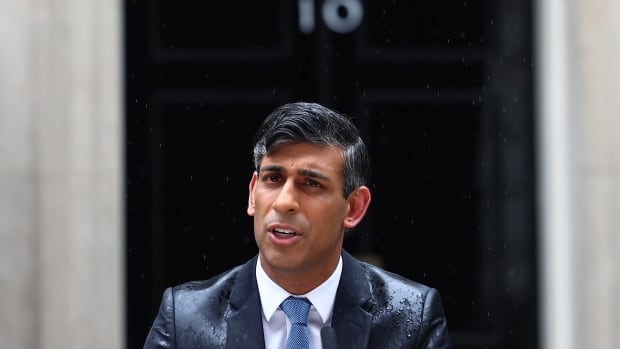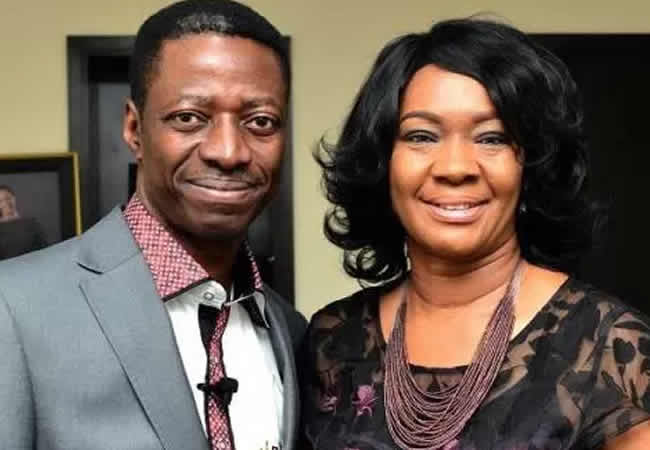Prime Minister Rishi Sunak, rain soaking his suit while he addressed the nation from outside 10 Downing Street in London, announced that Britons will go to the polls in a general election on July 4.
By law, an election needed to be held by January 2025, and Sunak’s announcement ended months of speculation.
Sunak, 44, is the third Conservative prime minister since the last election in 2019, and, according to polls, the party faces a formidable challenge against the Labour Party. Sunak took office through party selection in October 2022, following the turbulent terms of Boris Johnson and Liz Truss.
The announcement came the same day official figures showed inflation in the U.K. had fallen sharply to 2.3 per cent, its lowest level in nearly three years, on the back of big declines in domestic bills. Inflation had climbed to above 11 per cent at the end of 2022.
Sunak hailed the new figure as a sign his plan was working.
“Today marks a major moment for the economy, with inflation back to normal,” Sunak said Wednesday. “Brighter days are ahead, but only if we stick to the plan to improve economic security and opportunity for everyone.”
Although inflation has fallen, Sunak’s other promises — to grow the economy, reduce debt, cut waiting lists to see a doctor at the state-run National Health Service and stop the influx of migrants crossing the English Channel — have seen less success. The government has pushed through with a controversial plan to deport some migrants arriving by sea to Rwanda.
Labour promises change
Voters across the United Kingdom will choose all 650 members of the House of Commons for a term of up to five years. The party that commands a majority in the Commons, either alone or in coalition, will form the next government and its leader will be prime minister.
While Sunak spoke, the Labour Party released a pre-produced video on social media, with one word of text: “Change.”
“After 14 years under the Tories, nothing seems to work anymore,” Labour Leader Keir Starmer says in the video.

Labour’s momentum has built since it dealt the Conservatives heavy losses in local elections earlier this month. The Conservatives have also lost a series of special elections for seats in Parliament this year, and two of its lawmakers recently defected to Labour.
Following on his party’s successes in the local elections, Starmer, 61, last week announced a platform focused on economic stability after years of soaring inflation as he tries to win over disillusioned voters. He also pledged to improve border security, recruit more teachers and police and reduce lengthy waiting lists at hospitals and doctors′ clinics across the country.
Speculation about an imminent election mounted after Sunak called a rare Cabinet meeting on a Wednesday afternoon. As well, Foreign Secretary David Cameron flew back early from a trip to Albania to attend.
Sunak entered office following the disastrous tenure of Truss, who lasted only 49 days after her economic policies rocked financial markets. Truss had been chosen by party members after Johnson was ousted over a series of ethics scandals.
Many political analysts had anticipated that a fall election would give Conservatives a better chance of maintaining power by allowing for economic conditions to potentially improve.






